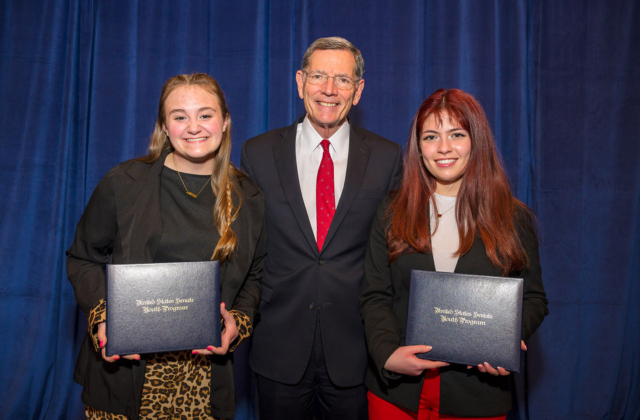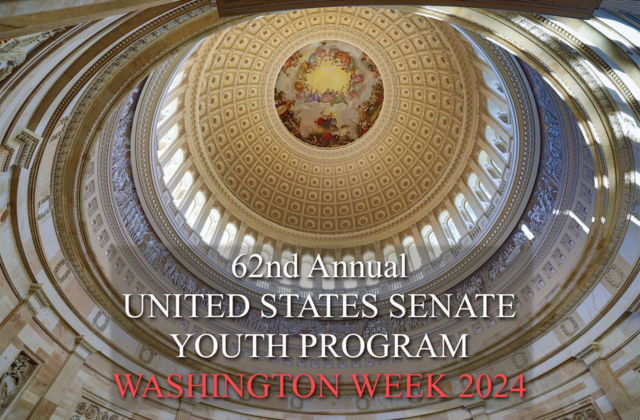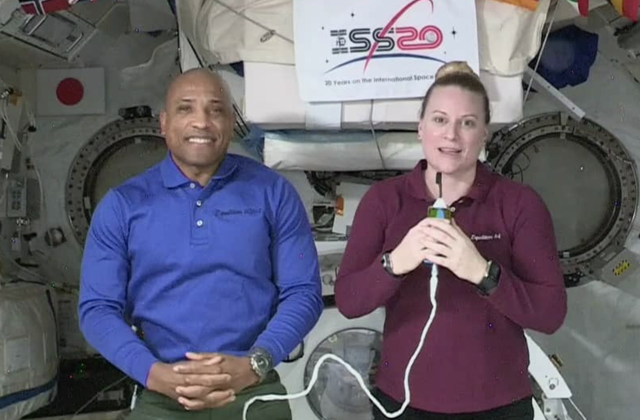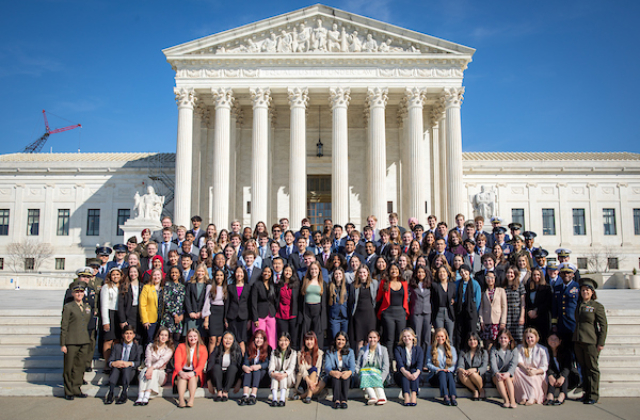Senate Staff : FAQ
How was the Senate Youth Program founded?
The program began in 1962 when Senate Resolution 324 was introduced by Senators Tom Kuchel (R-CA) Assistant Minority Leader, Mike Mansfield (D-MT) Majority Leader, Everett Dirksen (R-IL) Minority Leader and Hubert Humphrey (D-MN) Assistant Majority Leader. The impetus was to create a program that would encourage exceptionally talented high school students to consider careers in public service, and that would “increase young Americans’ understanding of the interrelationships of the three branches of government, the caliber and responsibilities of federally elected and appointed officials, and the vital importance of democratic decision-making not only for America but for people around the world.” The Hearst Foundations pledged to support the funding and administration of such a program if the Senate would sponsor it. The Senate passed S. Res. 324 on May 17, 1962 and has continued to sponsor the United States Senate Youth Program through unanimous action of the Senate Committee on Rules and Administration each year. It is a bipartisan and historic Senate tradition.
How are the student delegates selected?
Two high school juniors or seniors are selected annually from each state, the District of Columbia and the Department of Defense Education Activity to serve as delegates to Washington Week. The program week takes place the first or second week of March each year. The 104 student delegates also receive a $10,000 undergraduate college scholarship with encouragement to continue their studies in government and history. Public and private high school teachers and principals nominate qualified students beginning in late summer and early fall. Qualified applicants must hold student body office or another elected or appointed position in their communities and show academic interest and aptitude in government, history and politics. Many states administer a comprehensive public affairs, government and history test prepared annually for the program by a college professor of political science, and states may also ask for additional essays and/or personal interviews. The chief state school officer in each state makes the final selection by December 1. The program is merit-based and highly competitive and the chosen delegates are consistently outstanding. For details see “How to Apply.”
What happens during Washington Week?
Washington Week is an intensive week of unparalleled educational activities in the nation’s capital encompassing the legislative, executive and judicial branches of government as well as a perspective on America from abroad. Events include meeting with the Senate Co-Chairs and other Senate leaders, the Secretary of the Senate, Senate Parliamentarian and Senate Historian, the President of the United States, a Justice of the Supreme Court, members of the House of Representatives, officials from the Departments of State and Defense and other executive agencies, a foreign Ambassador to the U.S. and senior members of the media. At each event an extensive question and answer session gives the students direct interaction with the speaker. The Department of Defense provides a team of competitively selected military officers to accompany the delegates throughout the program. These officers, from each service branch and the reserves embody the highest level of excellence and service to the nation and act as elite guides and mentors for the students. Washington Week 2025 is being planned for March 1-8, 2025.
What role do Senators and Senate staff have in the program?
Two Senators, one from each party, are asked to serve as the annual Co-Chairs and eight additional Senators representing different regions of the country agree to lend their names to the bipartisan Senate Advisory Committee. The Honorary Co-Chairs are always the Vice President of the United States, the Senate Majority Leader and the Senate Minority Leader. The Senate Co-Chairs agree to address the students at separate speaking engagements and invitations to other speakers, including other Senators, are signed by the Co-Chairs on program letterhead listing the full Advisory Committee. USSYP staff works closely with the Senate Co-Chairs’ offices to facilitate all communication and event arrangements. All Senators are invited to meet their student delegates and present them with their scholarship certificates at the USSYP Annual Senate Reception, which takes place on Wednesday of Washington Week in the Kennedy Caucus Room. Senators are photographed with their student delegates for the USSYP yearbook – a tradition of more than 60 years, and personally sign their delegates’ scholarship certificates. In years where the program was remote due to the COVID pandemic, USSYP staff facilitated Zoom calls where Senators could meet their home state delegates.
How can a Senate office support the program?
Senate staff can help support the USSYP in various ways. First, please help us gain approval for the Senator to serve as a Co-Chair or Advisory Committee member, if requested. We rotate service request among all Senate offices. Another easy step is to put information about the program on the Senator’s website to increase awareness of the program with teachers and students in your state to encourage qualified student leaders to apply. Standard language summarizing the program is available for website use. The program can be mentioned in the Senator’s newsletter, social media sites and in press releases. Please add USSYP as a talking point when meeting with high school educators in your state. When the delegates are selected each December, USSYP staff will send Senate schedulers, press secretaries and education legislative policy staff the names and addresses of the delegates so the Senator can send a personal letter of congratulations. Finally, please help us to ensure that all Senators attend the 63rd USSYP Annual Senate Reception to be held on Wednesday, March 5, 2025 from 5:00-7:00 PM in the Kennedy Caucus Room (SR 325). This event is the one certain opportunity that all delegates have to meet with their Senators. Senators drop in and out during the two-hour timeframe and staff are welcome to get their own photos from the event for web and social media. It is not too early to save the date!
